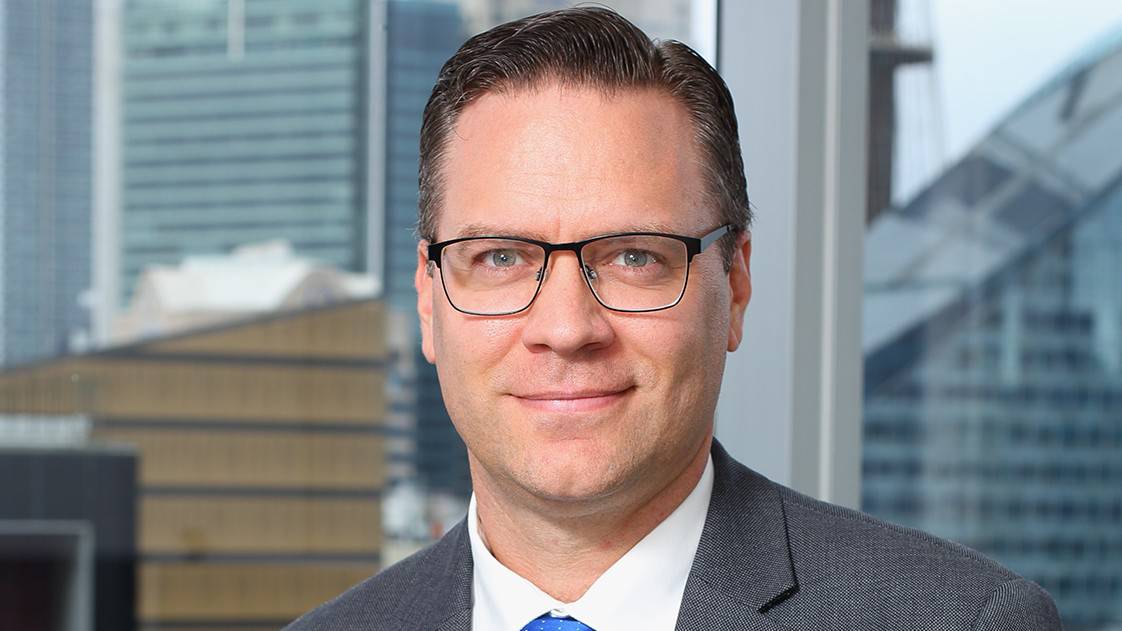Ask A Fund Manager
The Motley Fool chats with the best in the industry so that you can get an insight into how the professionals think. In this edition, Elvest Co portfolio manager Adrian Ezquerro explains how he launched a new small-cap fund at the bottom of the market this year.
Investment style
The Motley Fool: How would you describe your fund to a potential client?
Adrian Ezquerro: My name's Adrian Ezquerro. I've been in the industry for a good period of time now and worked at Clime Investment Management for the best part of 15 years before branching out with Jonathan Wilson to establish Elvest Co this year.
Elvest Co, the name itself points to our focus — it's an abbreviation of 'emerging leaders investment company'. Everything that we do is focused on emerging leaders in small caps.
Elvest Co, of course, is the manager of the Elvest Fund, so that's our initial flagship fund and that's a small cap Australian equities fund that basically invests in 20 to 40 companies that are outside the S&P/ASX 100 (ASX: XTO) at the time of initial inclusion.
Ultimately we're just seeking to build a portfolio full of really high quality, undervalued emerging leaders with strong long term growth potential. I'll probably also add that we have an approach that is based around fundamentals.
When we're assessing potential investments, we generally look for five key characteristics — emerging industry leadership, strong balance sheets, healthy cash generation, what we call aligned management team, so we invest alongside a lot of founder led or owner manager type businesses.
And lastly we look for what we call large opportunity sets — so that basically means we're looking for companies with really significant long-term growth potential.
MF: Would it be fair to say it's been a tough time this year for small cap and emerging company investors like yourselves?
AE: Yeah, it's certainly been a tough market for small caps. You can observe that small caps have fallen by even more than your large cap indices. And that's particularly prevalent here in Australia and you can also see it with the performance of the Russell 2000 Index (RUSSELL: RUT) in the United States, so that's replicated across geographies.
In our view, of course, therein lies part of the opportunity and some of the context for that is, from our viewpoint at least, is that we were effectively out of market [at the] start of the year, so that was good luck more than anything else.
We launched the fund on 1 June and that was interesting in that we were launching a fund with 100% cash coming into a month that proved to be the second worst month since the GFC. It was down over 13% in June. In a sense, that provided us with an opportunity to, to a degree, deploy some cash into a depressed market and we've continued to do that with all the volatility we've seen.
Having said that though, we're still sitting on cash of close to 30%, so we feel we're pretty well positioned to continue taking advantage of any drawdowns or significant volatility that may yet still come our way.
MF: That's great. Many people would be, myself included, very envious that you had 100% cash in June. That's great timing.
AE: Yeah, well I can't take credit for that. I think that luck was on our side. But I think over time in markets, these things even themselves out and really, if you pick high quality companies and you're sensible with your entry prices, then returns over time will take care of themselves.
MF: Where do you see the market heading in the near future?
AE: Well, it's interesting, right? I wouldn't say that we're heavily macro driven but it would be foolish to ignore some of the headwinds that economies and markets are currently facing. I think it's really well known, of course, that inflation has surged much higher in major economies and we've just seen surprisingly high [inflation] from the US and of course it's impacted markets.
In more recent times we've seen long bonds normalised. We've had a multi-decade bond rally. That's now certainly over. We've got a period of interest rate normalisation. I think the one significant X factor in this calendar year, we've seen the invasion of Ukraine and of course that's had flow-on effects for energy markets and it's been a significant impost in terms of its impact on inflation and what that therefore means for consumers and businesses.
There are certainly some headwinds. To a significant extent that is reflected in equity pricing. But I think, looking ahead, there is a chance that we remain in a pretty choppy environment and that therefore it remains really important to focus on high quality companies that have high levels of profitability, margin, defendable business, and pricing power.
At a portfolio level, as I've already said, I think it's important to keep some dry powder as well so that you can deploy into these sorts of oppressed opportunities when you see good value on offer.









